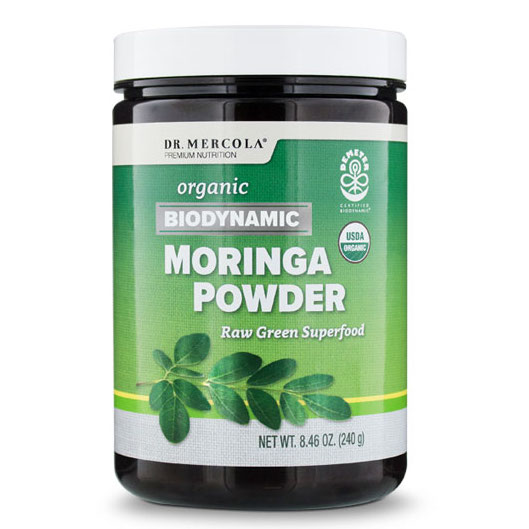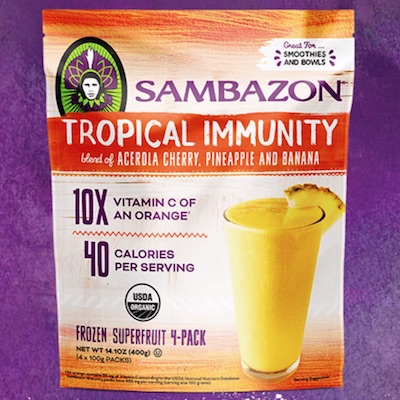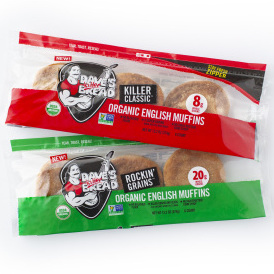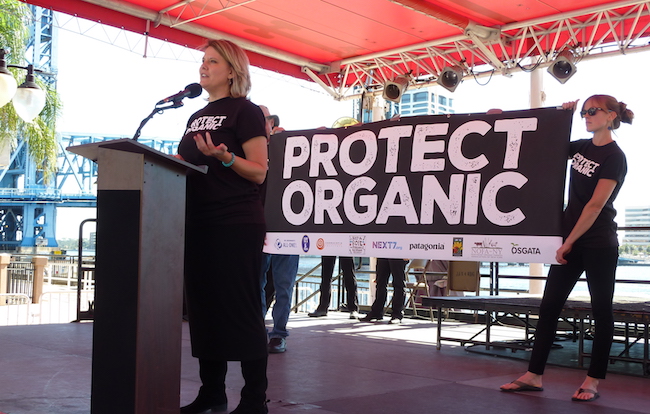
Breaking Down the Important Legal Action to Eliminate Hydroponics from Organic
Having a clear set of regulations in organic serves a very important purpose.
This way, organic farmers can know the rules and decide whether they want to compete in the marketplace or not. And if these farmers do decide to compete, they will produce food in a way that organic consumers expect.
Yet, when these agreed-upon regulations are not being enforced by the USDA, it creates an unfair playing field and places an illegal financial burden on those farmers who are following the rules. And this financial burden can be so great that it puts many of them out of business.
This is the situation we have with hydroponics being allowed in organic.
Soil-based farmers must wait three years to transition to organic while a hydroponic operator could be up and running within days. Growing in soil is much more complex because all of the variables are not as easily controlled, and it is more costly, from both a time and operational perspective. Additionally, the organic regulations were written for soil-based crops and do not have specific requirements for plants grown in water.
Endorsed by the Organic Farmers Association, The Cornucopia Institute, Northeast Organic Dairy Producers Alliance, PCC Community Markets and others, Center for Food Safety (CFS) has filed a legal action against the USDA to halt this practice immediately.
As I have written about before, hydroponics violates Section 6513 b-1 of the Organic Foods Production Act of 1990 (OFPA), which says that:
An organic plan shall contain provisions designed to foster soil fertility, primarily through the management of the organic content of the soil through proper tillage, crop rotation, and manuring.
Plants growing in a container of water have nothing to do with fostering soil fertility. Therefore, hydroponics cannot be legally justified under OFPA.
Nevertheless, this has not stopped the USDA from saying the complete opposite.
In a press release dated 1/25/18, the USDA’s Agricultural Marketing Service sent out a bulletin, which read:
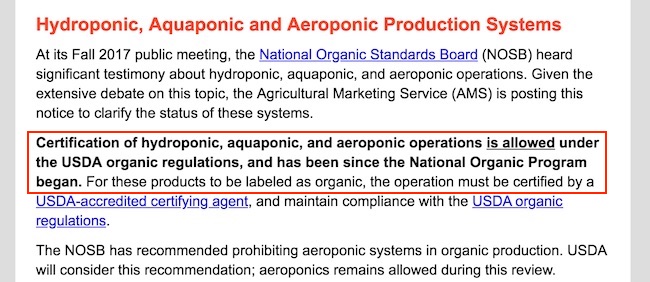
Frustrated with the USDA’s acceptance of hydroponics in organic, two recently created add-on labels — The Real Organic Project and Regenerative Organic Certification — have both banned soilless systems.
While this precludes the use of hydroponics in these two private certifications, it does not address the matter at the USDA level — a governmental program on which millions of Americans rely each day.
“While I understand these private certifications, we have worked for the last 25 years to protect the USDA organic seal’s integrity and are not willing to give it up. Having a government standard is crucial for society; this should not be left to the free market alone. The USDA organic seal represents a ‘No, thank you’ to methods of harmful food production that include pesticides and GMOs, and there is a critical role for government to provide a more healthful and environmentally beneficial label alternative for people. That is what makes this such an important battle,” said George Kimbrell, Legal Director at Center for Food Safety.
TIMING
According to Center for Food Safety, because the USDA has avoided making a firm decision on hydroponics in organic, filing a legal petition was a necessary first step. (The press release issued in early 2018 was not a definitive ruling by the agency.)
With a rulemaking petition filed, the USDA now has a legal obligation to respond, and the nature of this response may prompt CFS to file a lawsuit and challenge the USDA in court.
In terms of when we should expect a response from the USDA on this matter, it is very uncertain. It could be months or years. There is no statutory law as to when the USDA must respond.
And this is where legal strategy comes into play.
Litigation may be required to get an answer. Or, it may be better to wait until the next administration to get a response.
However, there can be no guarantee that if a different president takes control of the White House in 2020, the USDA would be any more favorable to organic. After all, the Obama administration allowed hydroponics in organic to flourish and did nothing to stop it.
Most importantly, the legal process to ban hydroponics in organic – one of the biggest issues our industry faces – has begun.
As developments about this matter unfold, we will be sure to keep Organic Insider readers informed.
 |
Have a great day! 
Max Goldberg, Founder |
Quick Hits
* Organicology is taking place in Portland, Oregon from February 14-16.
* Charlotte-based Clean Juice, a USDA certified organic pressed juice company, has announced its West Coast expansion and agreed to a multi-unit franchise deal with UFC champion and juicing advocate T.J. Dillashaw.
* Kitchen Garden is a favorite organic restaurant concept in India.
* With the CBD craze on full throttle, there is — of course — a CBD Expo Tour.
* Chief Marketing Officer of Forager Project, Alex Matthews, has left the company to start Here Studio, a multi-faceted branding, design and CPG product development firm in Los Angeles. Alex is one of the top creative talents in the organic industry, and I have admired his work ever since he co-founded Juice Served Here.
* GMO Propaganda of the Week: A study is circulating that claims people who are the most opposed to GMOs tend to know the least about them. Just another sad attempt to denigrate those who tell the truth about this failed science experiment.
New Organic Products
Biodynamic Moringa Powder by Dr. Mercola
Raw, organic and Demeter-certified, Biodynamic moringa powder from Dr. Mercola is made only from the dried leaves of the moringa tree — where the valuable nutrients are most concentrated. This is the best tasting and most vibrant-looking moringa powder I have ever tried.
Tropical Immunity Superfruit Packs by Sambazon
Sambazon, which is known for its acai products, has introduced Tropical Immunity Superfruit Packs made with organic acerola, pineapple and banana that you can blend into a smoothie. One serving contains 10 times the vitamin C of an orange and has no added sugar.
English Muffins by Dave’s Killer Bread
Dave’s Killer Bread has launched two versions of its new organic English muffins: Killer Classic (made with quinoa, spelt, rye, millet and barley) and Rockin’ Grains (made with flax, sunflower, sesame, millet and quinoa).
Want your product profiled here? Learn more
Weekly News Summaries


Patagonia's CEO on How Saving the Planet Has Been Good for Business
By Whitney Bauck
Rose Marcario reflects on the brand's recent political activism and philanthropy — and what's next.

Analysis: EPA Ignored Scientific Research Showing Monsanto’s Glyphosate Causes Cancer
A new report from the peer-reviewed scientific journal Environmental Sciences Europe shows that the EPA ignored a large number of peer-reviewed independent studies that link glyphosate to cancer in humans, instead using research paid for by Monsanto to support the agency’s position that glyphosate is not carcinogenic.

Thrive Market Launches its Own Personal Care Line
By Kristin Limoges
Thrive Market's initial release of products --hand wash, body wash, body lotion, shampoo and conditioner -- are all $5.99 and contain no sulfates, phthalates, parabens, or silicone. Plus, they're all gluten-free.


The Top 25 Grocery Chains with the Most Loyal Shoppers in America
By Aine Cain
A report from marketing platform inMarket revealed that Fry's Food & Drug Stores enjoy the most frequent monthly visits from returning customers. Whole Foods clocked in at #16 and Wegmans at #22.

Will Soybean Pulp Become the Next Superfood?
By Cathy Siegner
Oakland's Hodo Foods, a maker of organic tofu, is partnering with Renewal Mill, a food byproduct recycler, in the hopes that okara flour -- soybean pulp left over from soy milk processing - is the next big superfood.

The Vegan Organic Burger That "Bleeds" Preps for Massive Global Expansion
By Jill Ettinger
Don Lee Farms, which makes an organic vegan burger that "bleeds" but does not contain the controversial GM-soyleghemoglobin (The Impossible Burger), has been experiencing massive growth and is getting ready to expand to 15 countries around the world.


Cult Bedsheet Startup Parachute is Getting Into the Organic Mattress Game
By Elizabeth Segran
Parachute, which made its name in the direct-to-consumer bedding market, is now offering GOTS-certified organic mattresses and a service that includes full delivery and removal of your old mattress.
French Court Cancels Monsanto Weedkiller Permit on Safety Grounds
By Sudip Kar-Gupta and Gus Trompiz
Some encouraging news out of Europe. A French court canceled the license for one of Monsanto’s glyphosate-based weedkillers over safety concerns, placing an immediate ban on Roundup Pro 360 in the latest legal blow to the Bayer-owned business.

Planet Organic 'Achieves Zero Edible Food Waste' with Olio
By Marianne Calnan
The UK organic grocery chain has achieved zero edible food waste via a partnership with food-sharing app Olio.
The material in this newsletter is copyrighted and may be reprinted by permission only. All requests must be in writing. Please use our contact form to request republication rights.
Newsletter Archive
Quick Hits
* Organicology is taking place in Portland, Oregon from February 14-16.
* Charlotte-based Clean Juice, a USDA certified organic pressed juice company, has announced its West Coast expansion and agreed to a multi-unit franchise deal with UFC champion and juicing advocate T.J. Dillashaw.
* Kitchen Garden is a favorite organic restaurant concept in India.
* With the CBD craze on full throttle, there is — of course — a CBD Expo Tour.
* Chief Marketing Officer of Forager Project, Alex Matthews, has left the company to start Here Studio, a multi-faceted branding, design and CPG product development firm in Los Angeles. Alex is one of the top creative talents in the organic industry, and I have admired his work ever since he co-founded Juice Served Here.
* GMO Propaganda of the Week: A study is circulating that claims people who are the most opposed to GMOs tend to know the least about them. Just another sad attempt to denigrate those who tell the truth about this failed science experiment.
